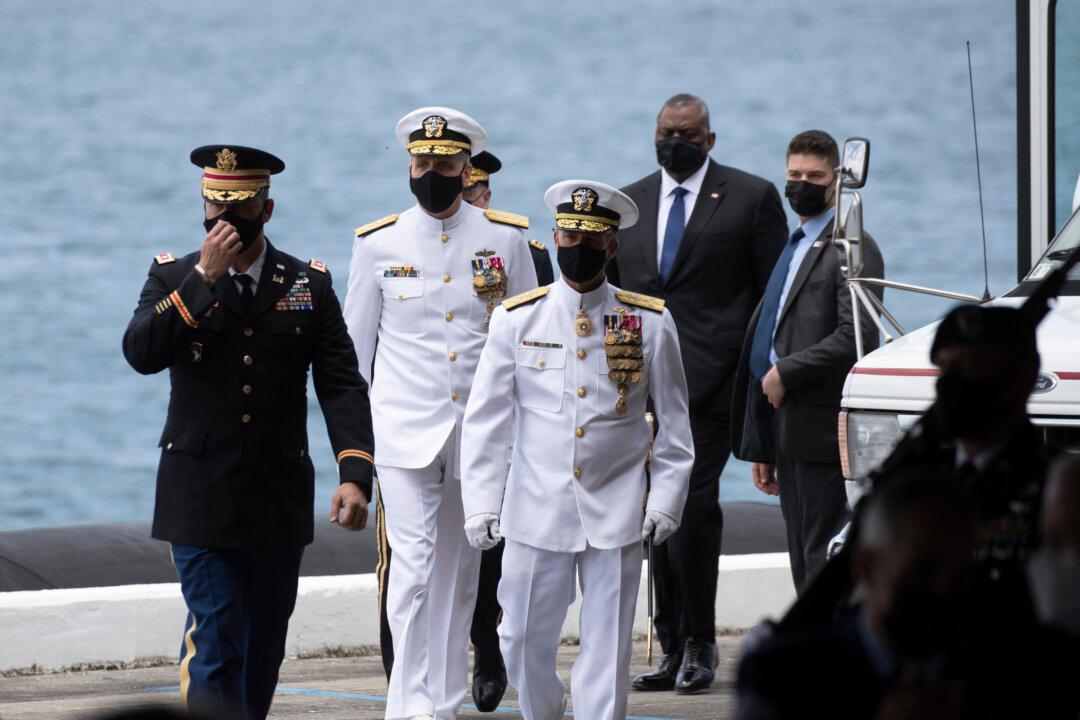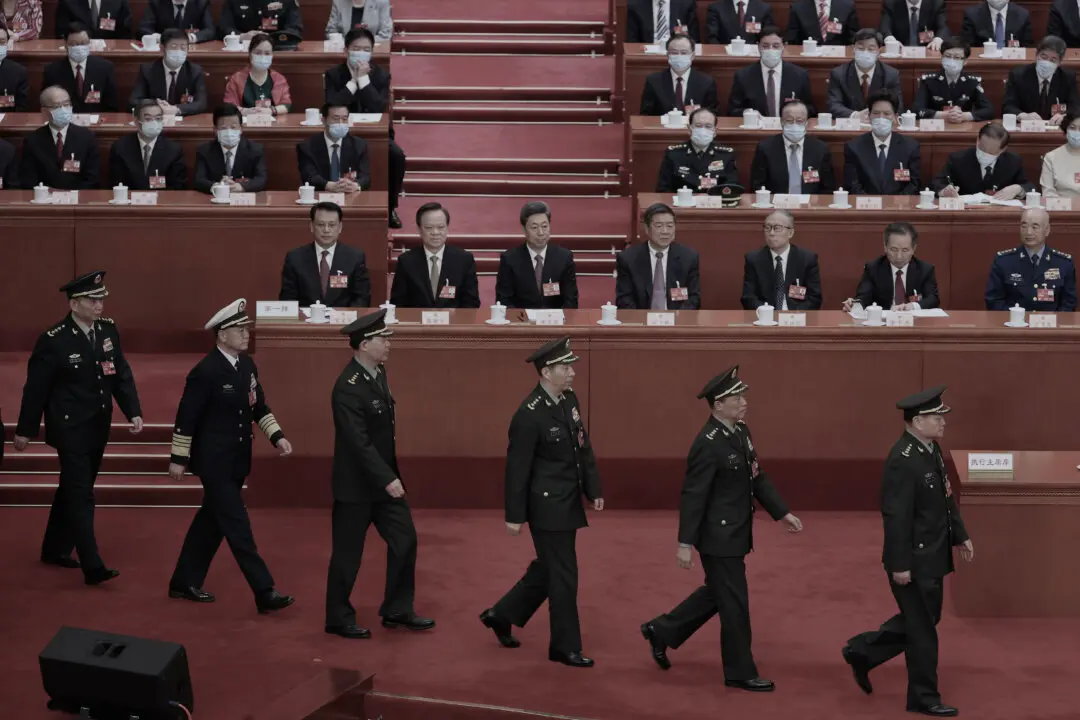Facing the Chinese communist regime’s increasing aggression in the Asia-pacific region, the newly appointed Indo-Pacific Commander John Aquilino has recently requested an additional $890 million in spending from Congress to strengthen military equipment in Guam, Alaska, and Hawaii for possible military confrontations. Meanwhile, the Biden administration’s top Asia official revealed a new strategy to contain China in the region.
Aquilino said that the spending request is less than 1 percent of the total authorized amount allocated to the Department of Defense, but is “critical for deterring China’s decision calculus,” Foreign Policy reported on June 8.




